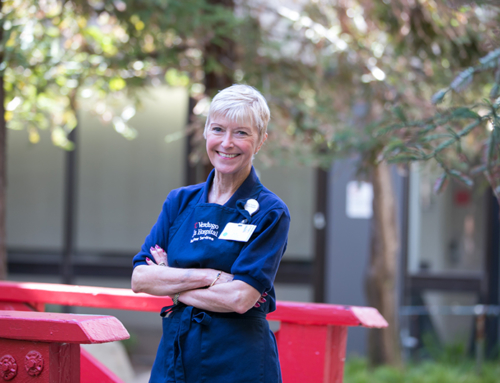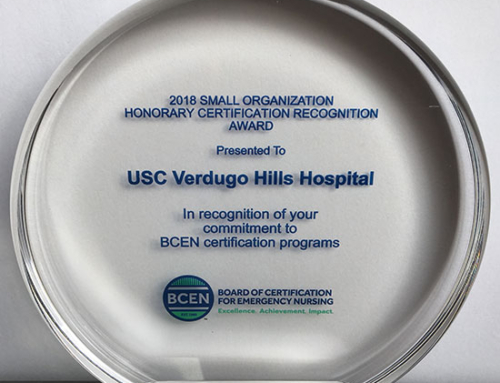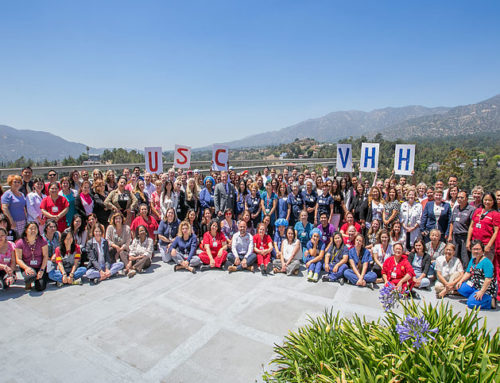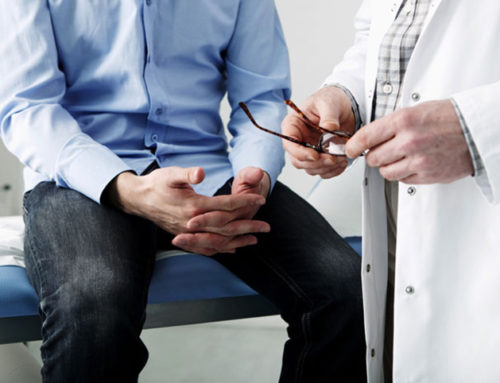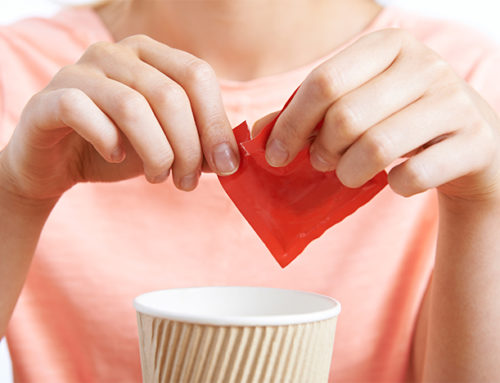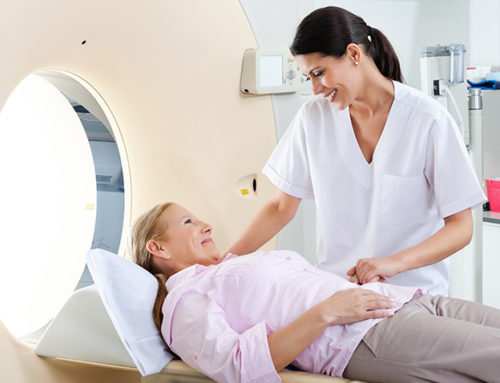While most food allergies start in childhood, adults can develop allergies and it can happen out of nowhere.
Maybe you have been eating seafood your entire life and out of nowhere your favorite lobster dish at your local restaurant causes your lips to swell. What’s causing it? Chances are you have developed an adult onset food allergy.
Though doctors aren’t sure why some people develop allergies as they age, an estimated 15 percent of people with food allergies developed them after turning 18, found one study. If you do develop an allergy as an adult, you’re most likely to experience your first allergic reactions in your early 30s found a study by researchers at Chicago’s Northwestern University Feinberg School of Medicine. The study focused on people ranging in age from 18 to 86 years old and also found more women than men experience adult onset allergies. And if you had food allergies as a child that you outgrew, it is possible to suddenly experience them again as an adult.
Most concerning of all? The older you are at the time your food allergy starts, the worse your reaction is likely to be, found the study.
The Five Biggest Culprits?
The five most common foods adults are allergic to, according to the Northwestern study include:
- Shellfish
- Nuts
- Fish
- Soy
- Peanuts
About 16 percent of the study participants were allergic to more than one food.
Symptoms of Food Allergies
You might have a food allergy if your experience digestive problems, tingling or itching in your mouth, swelling of your lips or tongue, hives, wheezing or trouble breathing after eating a specific food. Even small amounts may be enough to cause a reaction.
In more severe cases, you may experience a constriction and tightening of airways, rapid pulse, drop in blood pressure, dizziness or you may even faint. If you experience these symptoms, call an ambulance.
If you think you have developed a food allergy, visit your doctor for an allergy test, generally a blood test or a skin prick test. Even if your reaction to the food was mild, it’s important to get diagnosed as food allergies tend to get worse as time goes by.
If an allergy is confirmed, you’ll need to eliminate the food from your diet. If your allergy is severe, you may need to start carrying an injectable epinephrine in case you accidentally eat the food.
If you have any questions about living with food allergies, schedule a visit with your primary care physician.
If you are in the Los Angeles area and in search of a physical therapist, call (800) USC-CARE (800-872-2273) or visit http://keckmedicine.org/request-an-appointment/ to schedule an appointment.
Byline: Anne Fritz




